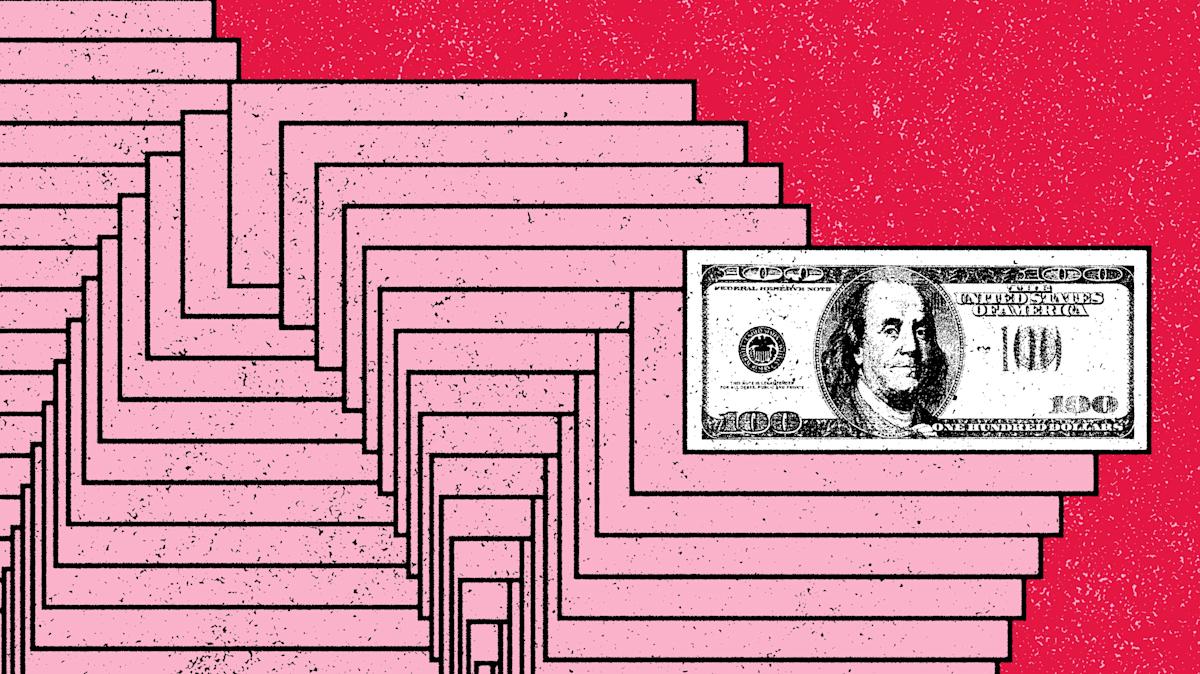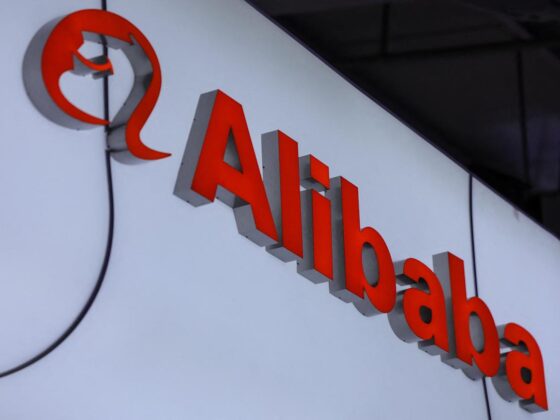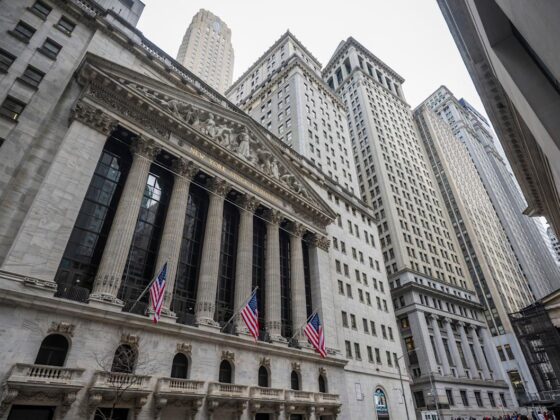00:00 Speaker A
You're on the credit side of the equation, right? Not
00:01 Speaker B
Mostly. Mostly on the credit side, yes.
00:04 Speaker A
So, how do you then play it? I mean, and you mentioned some of the same players, like Oracle, which, you know, experienced the bust in the dotcom era, but they're still around and they're back and they're bigger than ever. Like, do you go in I we just talked about their bond sale. Do you go in and is that an attractive offering?
00:23 Speaker B
Uh well, I would argue absolutely not, but um but it's just not necessarily anything to do with Oracle. It's just a function of credit spreads broadly right now are the near the lowest they've ever been in history and and it does look like we're seeing some macroeconomic deterioration in, you know, jobs data and things along those lines and you know, a $15 billion investment grade issuance that's SOFR plus 40 basis points is just not compelling to us.
01:00 Speaker A
Okay. I I want to just translate that for people who are not steeped in the in the credit market. So basically you are not getting paid
01:08 Speaker B
Exactly.
01:08 Speaker A
as an investor to make these investments right now. is another way to put that.
01:12 Speaker B
You're getting paid, yes, exactly right. You're getting paid 40 extra basis points per year in yield over treasuries to assume the credit risk of of a corporation that could not exist in 10 years from now. And it's very difficult to say. I mean, if you had if you asked me or any professional in 1995, if you thought BlackBerry was going to be around in 10 years, I mean, most people would probably say they'll for sure be around. And there's just there's all sorts of things that could happen over a long haul. And so when you're thinking about credit risk in particular, you just want to be a little bit more discerning. Um and so the way that we're kind of looking at that or playing that is we're actually playing mostly on a relative value basis. And so, you know, we can buy credit default swaps that effectively would be you'd be short the the the credits that you don't like.
02:08 Speaker A
So you're basically buying insurance against the company defaulting on its debt at some point.
02:13 Speaker B
Exactly. The beautiful thing about that instrument is that the lower credit spreads go, the smaller your insurance premium is for the protection.
02:24 Speaker B
And so, as they get lower and lower and more and more compressed, it costs us less and less to buy it. It's that old saying, right? Buy insurance when you don't think you need it.
02:37 Speaker A
And so how do you end up making money on those then?
02:40 Speaker B
Well, it's a relative value. That's a great question, right? So if you if you give me $100 and I buy $100 worth of bonds and the yield on that is 8 or 9%, I'm happy to take one or 2% per annum of that to purchase protection on the credits that I don't like. Gotcha.













